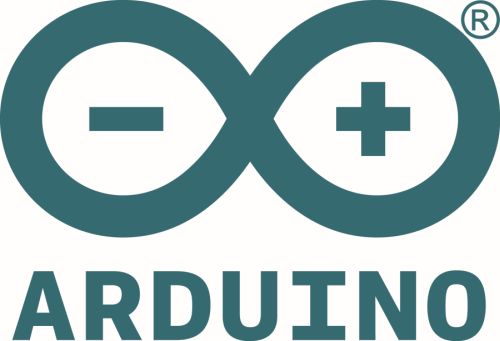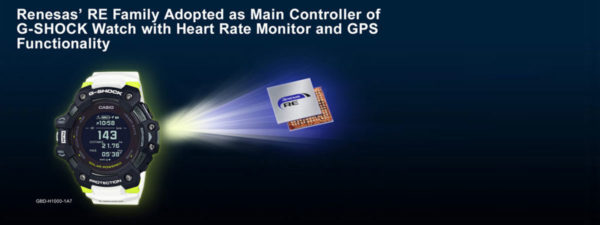Arduino S.r.L. and Runtime introduced Monday the Apache Mynewt (incubating) open source, composable operating system (OS) for 32-bit microcontrollers (MCUs) that enables a variety of embedded devices, such as wearables, light bulbs, locks, doorbells, and other devices connecting the IoT. These devices must be operated for long periods of time, but are constrained in terms of power, memory and storage.
32-bit MCUs are becoming ubiquitous, powerful, and increasingly available in practical Arduino hardware designs, such as the Arduino hardware designs announced this week: the Arduino Primo, Arduino Primo Core, and Arduino STAR Otto. They are also more affordable than CPUs in tablets and smartphones, but cannot run Linux or derivatives such as Android.
IoT developers need a commercial-ready alternative to Linux that can run on these smaller, inexpensive processors. Additionally, Apache Mynewt is supported on the Arduino Zero, Arduino Zero Pro, and Arduino M0 Pro.
Apache Mynewt flexibly addresses these constraints in a hardware-agnostic manner by providing a real time OS that is easy to build, connect and manage. Apache Mynewt (incubating) is an effort undergoing incubation at The Apache Software Foundation (ASF), sponsored by the Apache Incubator PMC.
Incubation is required of all newly accepted projects until a further review indicates that the infrastructure, communications, and decision-making process have stabilized in a manner consistent with other successful ASF projects. While incubation status is not necessarily a reflection of the completeness or stability of the code, it does indicate that the project has yet to be fully endorsed by the ASF.
The OS features its open source BLE implementation—down to the controller level. Benefits to developers include access to source code; debugging through setting breakpoints, avoiding stack smashes, eliminating stolen interrupts; direct access to peripherals for granular power control; better, precise configurability of concurrent connections; and flexibility across central and peripheral roles.
“We’re pleased to see a truly open source operating system for our 32-bit MCU product line that can bridge the gap from prototype-to-product,” said Federico Musto, CEO & president of Arduino. “IoT developers and Makers of all ages value ease-of-use and innovation that is fueled by Arduino’s thriving open source community. We continue to provide ease-of-use, now with the option of a modern OS underpinning, along with commercial support for large numbers of smart IoT applications.”
“We have great admiration for Arduino and the long-term commitment to build community through quality boards,” stated James Pace, CEO of Runtime. “Now, in addition to sensors, these boards increasingly have communications such as Bluetooth and Wi-Fi intrinsic to the design. This is huge step where a full-featured OS makes sense for both makers and product prototypers.”




